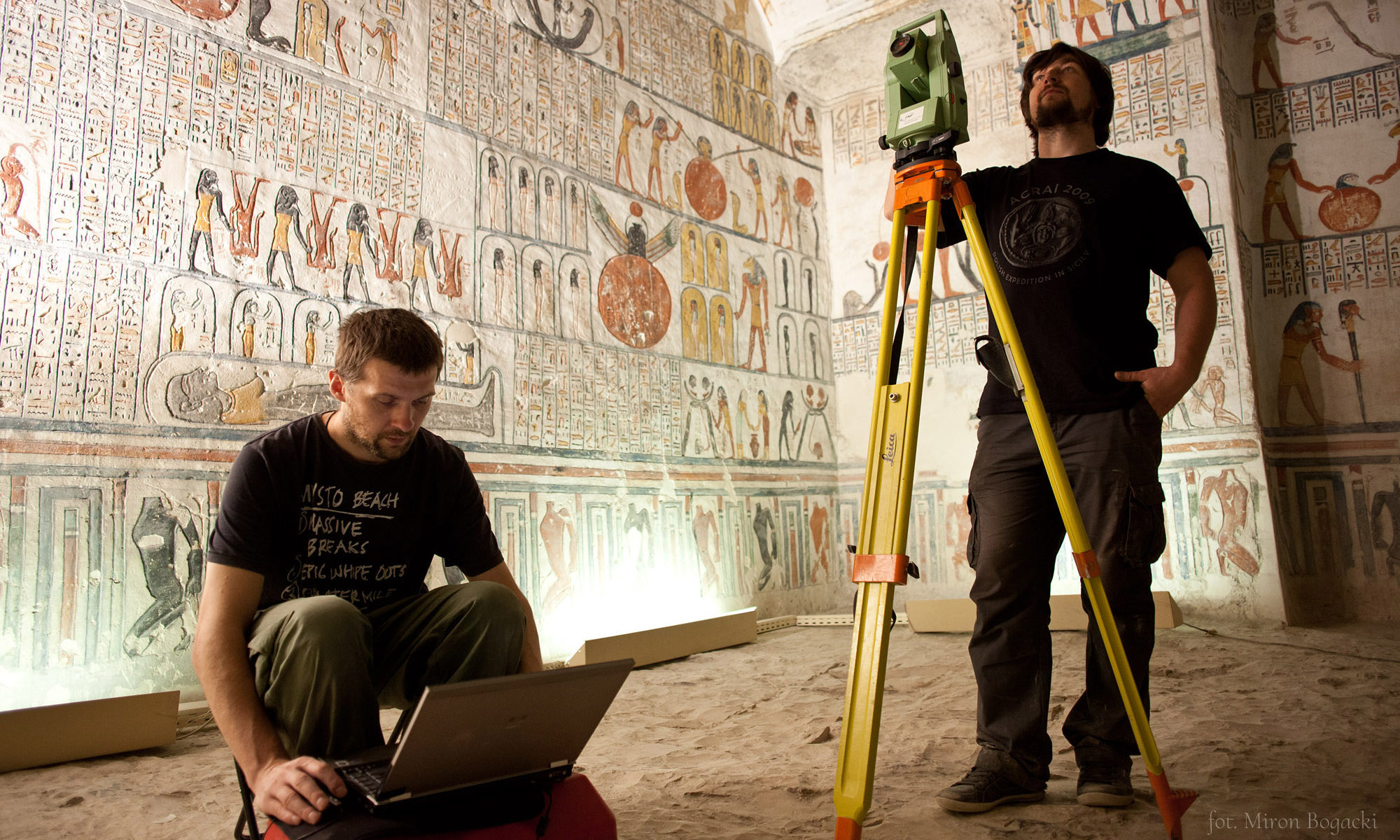Szanowni Państwo,
z powodu choroby dr hab. Marek Olszewski odwołuje swoje wszystkie czwartkowe zajęcia (19.10.2023).
Odwołane zajęcia
Z powodu wyjazdu służbowego dr Michał Przeździecki odwołuje najbliższe zajęcia (17.10.2023) pt. Nadmorski krajobraz kulturowy… .
Dr hab. Aldona Mueller-Bieniek odwołuje w tym tygodniu swoje dyżury
Szanowni Państwo,
dr hab. Aldona Mueller-Bieniek odwołuje dyżur w poniedziałek i wtorek (16 i 17 października).
Festiwal zORIENTowani
Odwołane zajęcia z dr Jończyk
Szanowni Państwo,
informuję, że poniedziałkowe (16.10.2023) zajęcia z dr L. Jończyk zostają odwołane.
Promocja książki „Między Długim Targiem a Powroźniczą”
Czytaj dalej „Promocja książki „Między Długim Targiem a Powroźniczą””
II edycja konkursu w Programie dla młodych badaczek i dydaktyczek (Działanie IV.5.2 Program IDUB)
Szanowni Państwo,
celem programu jest zapobieganie zjawisku utraty zaangażowania kobiet w toku rozwoju kariery naukowej. Uczestniczki programu będą mogły skorzystać m.in. z pomocy mentora, coacha, wziąć udział w dedykowanych szkoleniach. W programie przewidziano również stypendium.
Wykład dr. hab. Marka Olszewskiego w PAU w Krakowie
Szanowni Państwo,
zapraszamy, w imieniu Polskiej Akademii Umiejętności i Komisji Archeologii Krajów Śródziemnomorskich, na wykład dr. hab. Marka Olszewskiego Pella-Apamea nad Orontesem. O nieznanych początkach jednego z największych ośrodków miejskich na Bliskim Wschodzie, który odbędzie się 16 października 2023 roku w PAU w Krakowie.
Czytaj dalej „Wykład dr. hab. Marka Olszewskiego w PAU w Krakowie”
Stypendia 2023/2024 wnioskowanie.
Szanowni Państwo,
początek roku akademickiego wiąże się z wnioskowaniem o różnego typu świadczenia, w tym: stypendium socjalne, stypendium dla osób niepełnosprawnych, stypendium rektora oraz stypendium ministra. Poniżej znajdą Państwo informacje na temat terminów składania wniosków oraz linki do przydatnych informacji:
Zmarł prof. dr hab. Jan Machnik
Z głębokim żalem przyjęliśmy wiadomość o śmierci prof. dr hab. Jana Machnika, wybitnego uczonego, znawcę neolitu i epoki brązu, nauczyciela i mistrza wielu pokoleń archeologów.
Spokój Jego duszy.

